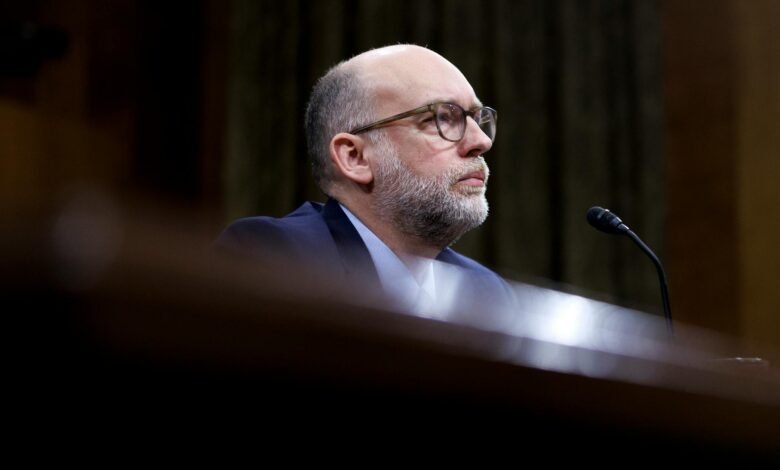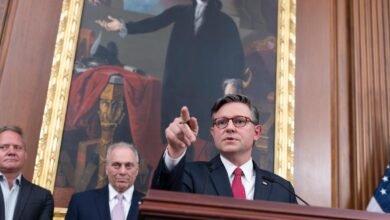
WASHINGTON — The Trump administration has ordered the Consumer Financial Protection Bureau to stop nearly all its work, effectively shutting down an agency that was created to protect consumers after the 2008 financial crisis and subprime mortgage-lending scandal.
Russell Vought, the newly installed director of the Office of Management and Budget, directed the CFPB in a Saturday night email to stop work on proposed rules, to suspend the effective dates on any rules that were finalized but not yet effective, and to stop investigative work and not begin any new investigations. The agency has been a target of conservatives since President Barack Obama pushed to include it in the 2010 financial reform legislation that followed the 2007-2008 financial crisis.
The email also ordered the bureau to ”cease all supervision and examination activity.”
Also late Saturday, Vought said in a social media post that the CFPB would no longer withdraw funds from the Federal Reserve, adding that its current financing of $711.6 million is ”excessive.” Congress directed the bureau to be funded by the Fed to insulate it from political pressures.
The CFPB says that it has obtained nearly $20 billion in financial relief for U.S. consumers since its founding in the form of canceled debts, compensation, and reduced loans.
Dennis Kelleher, president of Better Markets, an advocacy group, said, ”that’s why Wall Street’s biggest banks and Trump’s billionaire allies hate the bureau: it’s an effective cop on the finance beat and has stood side-by-side with hundreds of millions of Americans — Republicans and Democrats — battling financial predators, scammers, and crooks.”
The administration’s move against the CFPB highlights the tensions between Trump’s more populist promises to lower costs for working-class families and his pledge to reduce government regulation.
During the campaign, Trump said he would cap credit card interest rates at 10%, after they had soared to record levels above 20%, on average, as the Federal Reserve lifted interest rates in 2022 and 2023. The CFPB had started work on how that proposal would be implemented.
Source link



